Over 60 million real residential IPs from genuine users across 190+ countries.
Over 60 million real residential IPs from genuine users across 190+ countries.
PROXY SOLUTIONS
Over 60 million real residential IPs from genuine users across 190+ countries.
Reliable mobile data extraction, powered by real 4G/5G mobile IPs.
Guaranteed bandwidth — for reliable, large-scale data transfer.
For time-sensitive tasks, utilize residential IPs with unlimited bandwidth.
Fast and cost-efficient IPs optimized for large-scale scraping.
A powerful web data infrastructure built to power AI models, applications, and agents.
High-speed, low-latency proxies for uninterrupted video data scraping.
Extract video and metadata at scale, seamlessly integrate with cloud platforms and OSS.
6B original videos from 700M unique channels - built for LLM and multimodal model training.
Get accurate and in real-time results sourced from Google, Bing, and more.
Execute scripts in stealth browsers with full rendering and automation
No blocks, no CAPTCHAs—unlock websites seamlessly at scale.
Get instant access to ready-to-use datasets from popular domains.
PROXY PRICING
Full details on all features, parameters, and integrations, with code samples in every major language.
LEARNING HUB
ALL LOCATIONS Proxy Locations
TOOLS
RESELLER
Get up to 50%
Contact sales:partner@thordata.com
Proxies $/GB
Over 60 million real residential IPs from genuine users across 190+ countries.
Reliable mobile data extraction, powered by real 4G/5G mobile IPs.
For time-sensitive tasks, utilize residential IPs with unlimited bandwidth.
Fast and cost-efficient IPs optimized for large-scale scraping.
Guaranteed bandwidth — for reliable, large-scale data transfer.
Scrapers $/GB
Fetch real-time data from 100+ websites,No development or maintenance required.
Get real-time results from search engines. Only pay for successful responses.
Execute scripts in stealth browsers with full rendering and automation.
Bid farewell to CAPTCHAs and anti-scraping, scrape public sites effortlessly.
Dataset Marketplace Pre-collected data from 100+ domains.
Data for AI $/GB
A powerful web data infrastructure built to power AI models, applications, and agents.
High-speed, low-latency proxies for uninterrupted video data scraping.
Extract video and metadata at scale, seamlessly integrate with cloud platforms and OSS.
6B original videos from 700M unique channels - built for LLM and multimodal model training.
Pricing $0/GB
Starts from
Starts from
Starts from
Starts from
Starts from
Starts from
Starts from
Starts from
Docs $/GB
Full details on all features, parameters, and integrations, with code samples in every major language.
Resource $/GB
EN
代理 $/GB
数据采集 $/GB
AI数据 $/GB
定价 $0/GB
产品文档
资源 $/GB
简体中文$/GB


Residential proxies are a fascinating tool that many use to mask their identity online. They’re often considered a safer option compared to data center proxies, as they come from real residential devices, making them harder to detect.
While they offer various advantages, such as anonymous browsing and bypassing geo-blocks, residential proxies also come with their own set of risks. Today, we’ll dive into the potential dangers you should be aware of when using them, and how you can mitigate those risks.
Before we get into the risks, let’s take a moment to understand what residential proxies are. These proxies use real IP addresses from residential areas, rather than from servers. This makes them harder for websites to detect as proxies, making them highly attractive for tasks like web scraping, bypassing restrictions, and protecting privacy.
IP Rotation: They rotate real IP addresses frequently, making it seem like a normal user is browsing.
Geolocation Flexibility: You can appear to be browsing from a different location entirely.
Anonymous Browsing: They mask your real IP address, keeping your identity hidden.
While these features sound appealing, they come with potential downsides that can affect your privacy and security.
One of the most significant risks associated with residential proxies is the legal and ethical issues that can arise. Many individuals or companies use residential proxies for scraping data from websites or bypassing geographical content restrictions. However, this can sometimes violate the terms of service of the websites being accessed.
Scraping and Data Harvesting: Some websites explicitly forbid data scraping in their terms of service. Using proxies to bypass these restrictions can result in lawsuits or penalties.
Unauthorized Access: If you use residential proxies to access content or services that are restricted, you may be infringing on intellectual property laws.
While residential proxies are designed to provide anonymity, they are not foolproof. Using them can expose you to privacy and security risks, especially if the proxy provider is unreliable or untrustworthy.
Data Collection by Proxy Providers: Not all proxy providers are transparent about their data policies. Some might collect and sell your browsing data to third parties.
Residential proxies often face performance bottlenecks compared to data center proxies. Since these proxies depend on real residential IPs, they can suffer from inconsistent speeds and downtimes.
Slow Connection Speeds: Since residential proxies use home connections, they might not provide the same fast and reliable performance as dedicated data center proxies.
Inconsistent Availability: Residential IPs are tied to real users, meaning if those users disconnect or turn off their devices, your proxy may become unavailable.
Residential proxies are generally more expensive than data center proxies due to the cost of maintaining real residential IP addresses. This can be a significant drawback for businesses or individuals on a tight budget.
1. Higher Pricing: Expect to pay a premium for residential proxies, especially if you need a large pool of IPs.
2. Hidden Fees: Some proxy providers may charge hidden fees for additional services like IP rotation, geolocation targeting, or bandwidth usage.
While the risks associated with residential proxies are real, there are ways to mitigate them and ensure that your online activities remain safe, legal, and efficient.
To minimize your risk, always choose a residential proxy provider like thordata that is reliable and trustworthy. One with a reputation for ethical business practices, transparent data usage, and more. Also check user reviews and third-party testimonials to assess the provider’s trustworthiness. Confirm data privacy practices to ensure the provider won’t collect or sell your data without your consent.
Keep track of the performance and reliability of the residential proxies you are using. Regularly test the speed and availability of your proxy pool to ensure that it meets your needs.
Test Speed: Perform speed tests to ensure your proxies are delivering the performance you need.
Check for Downtime: Monitor uptime to avoid any disruptions in service.
Enhance the security of your online activities by using a residential proxy. This helps mitigate the risk of malicious attacks and other security breaches. Always use a secure connection when browsing or sending data using HTTPS. And use two-factor authentication for an extra layer of security for your account.
Residential proxies offer valuable advantages, but they come with a range of risks that must be carefully considered. By understanding these risks and taking proactive steps to mitigate them, you can use residential proxies more securely and effectively.
Remember, always choose reputable providers, stay within the law, and prioritize security in your online activities. By doing so, you can enjoy the benefits of residential proxies without compromising your privacy, security, or legal standing.
Frequently asked questions
Are residential proxies legal to use?
Yes, residential proxies are legal to use. However, how you use them matters. Activities like web scraping or bypassing geo-restrictions may violate certain website terms of service.
How do I know if my proxy is secure?
Ensure you use a reputable proxy provider that offers encryption and has transparent data usage policies. Regularly check reviews and perform security tests.
Can residential proxies get blocked?
Yes, residential proxies can be blocked if detected by websites. Using multiple IP addresses and rotating them frequently can help mitigate this risk.
About the author

Stephen Jonathan is a content manager who specializes in creating engaging stories and impactful content. After starting his career in technology companies, he tried to combine creativity with data-driven insights. He always believed that every brand has its own unique story, and his mission is to help them be heard by the world.
The thordata Blog offers all its content in its original form and solely for informational intent. We do not offer any guarantees regarding the information found on the thordata Blog or any external sites that it may direct you to. It is essential that you seek legal counsel and thoroughly examine the specific terms of service of any website before engaging in any scraping endeavors, or obtain a scraping permit if required.
 Looking for
Top-Tier Residential Proxies?
Looking for
Top-Tier Residential Proxies? 您在寻找顶级高质量的住宅代理吗?
您在寻找顶级高质量的住宅代理吗?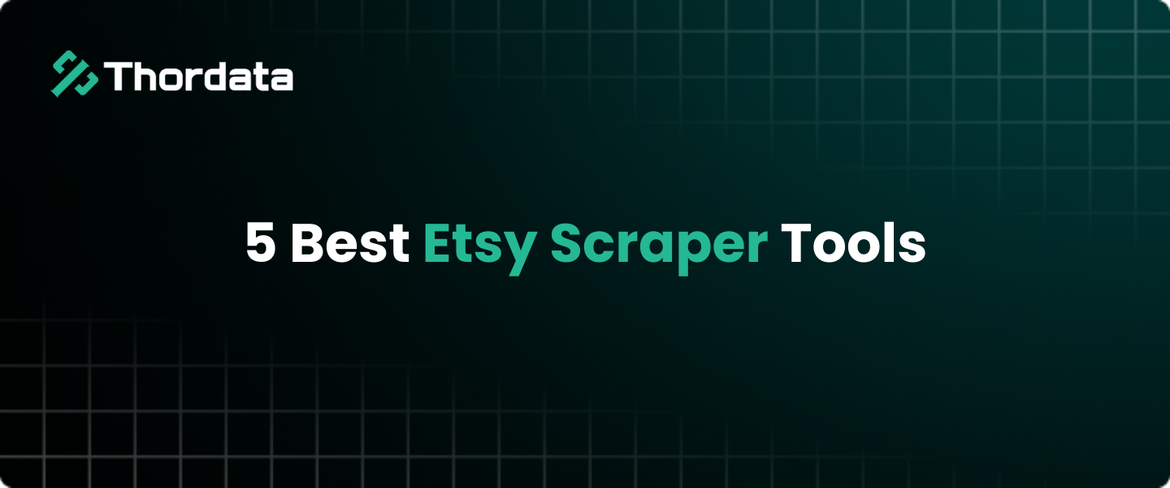
5 Best Etsy Scraper Tools in 2026
This article evaluates the top ...
Yulia Taylor
2026-02-09
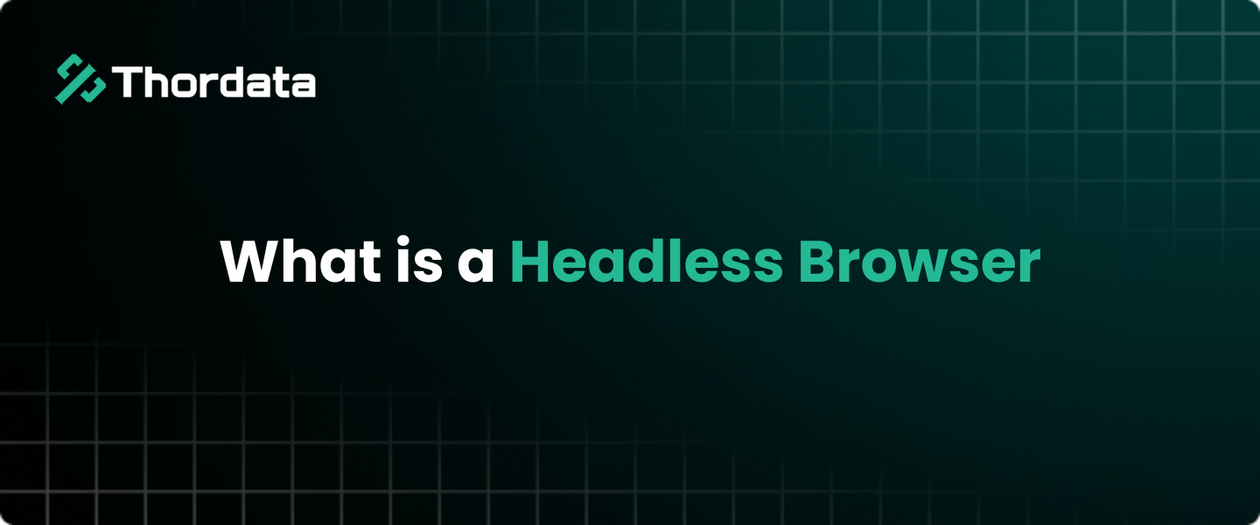
What is a Headless Browser? Top 5 Popular Tools
A headless browser is a browse ...
Yulia Taylor
2026-02-07
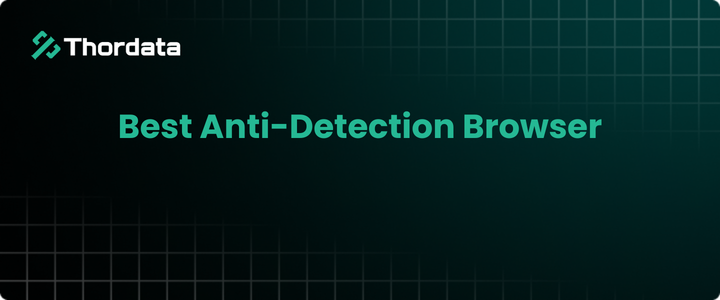
Best Anti-Detection Browser
Xyla Huxley Last updated on 2025-01-22 10 min read […]
Unknown
2026-02-06
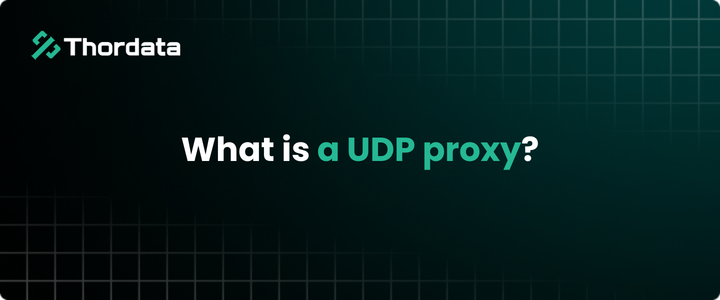
What is a UDP proxy?
Xyla Huxley Last updated on 2025-01-22 10 min read […]
Unknown
2026-02-06
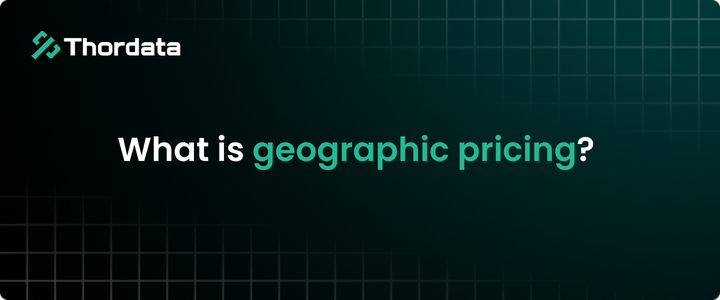
What is Geographic Pricing?
Xyla Huxley Last updated on 2025-01-22 10 min read […]
Unknown
2026-02-05
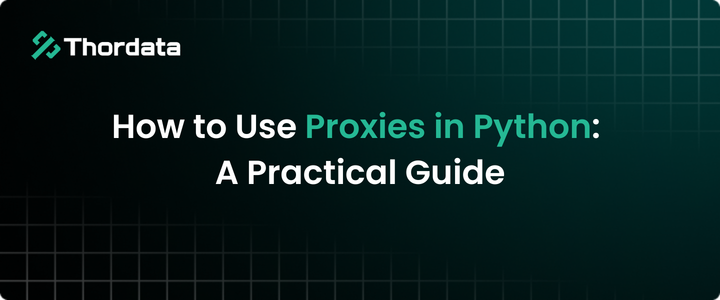
How to Use Proxies in Python: A Practical Guide
Xyla Huxley Last updated on 2025-01-28 10 min read […]
Unknown
2026-02-05
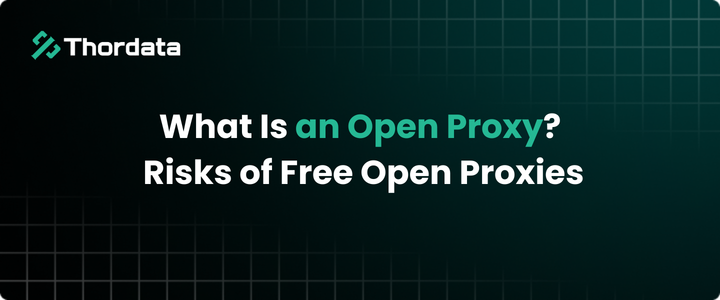
What Is an Open Proxy? Risks of Free Open Proxies
Xyla Huxley Last updated on 2025-01-22 10 min read […]
Unknown
2026-02-04
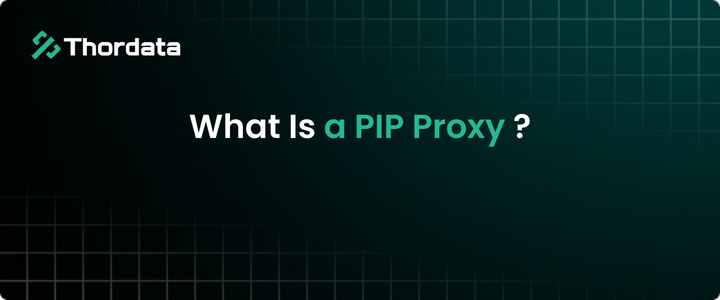
What Is a PIP Proxy? How It Works, Types, and Configuration?
Xyla Huxley Last updated on 2025-01-22 10 min read […]
Unknown
2026-02-04
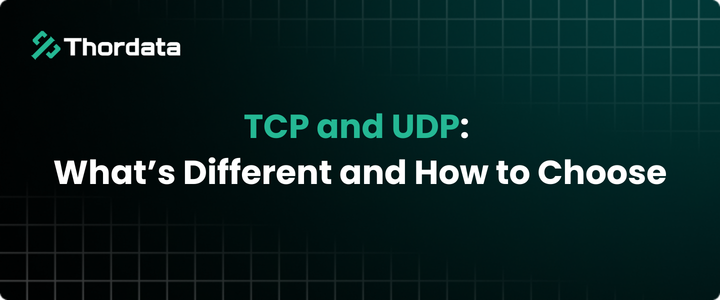
TCP and UDP: What’s Different and How to Choose
Xyla Huxley Last updated on 2026-02-03 10 min read […]
Unknown
2026-02-04